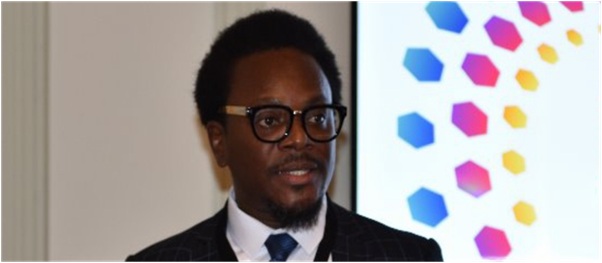By Idriss Balogun Tejan
In Sierra Leone’s current political landscape, corruption has transformed from a governance failure into a fundamental aspect of governance itself. It is a strategic tool in President Julius Maada Bio’s power strategy.
Sierra Leoneans are in awe at how, under the Sierra Leone People’s Party (SLPP), corruption has shifted from being a systemic vulnerability to a calculated instrument of power.
Paran Umar Tarawally, a man who was investigated and found to have been fraudulent, culpable of unethical behaviour and abuse of office, has been elevated to the position of National Secretary General. Alongside Tarawalie was Jimmy Batilo Songa, who had carved out the notoriety of allegedly stealing former President Ahmad Tejan Kabbah’s handbag is now the National Chairman.
Such ignominy is more than a mere lapse in judgment. It is a deliberate signal from a government that integrity is of no relevance to its political leadership.
In nearly eight years of governance, the SLPP has rewarded misconduct, thuggery, and malfeasance.
The Anti-Corruption Commission (ACC) recently investigated Tarawally for hiring his wife, Mrs. Abibatu Tarawally, without due process and allowing her to receive salaries for 19 months without working. That such an individual now holds one of the party’s most influential positions constitutes a legitimization of corruption.
In a system where allegiance trumps legality, Tarawally’s rise is intentional. President Bio’s SLPP has weaponized corruption as a means to consolidate power.
The election of Jimmy Batilo Songa as National Chairman further solidifies this view. Once seen as a disgraceful footnote in SLPP history, Songa’s alleged theft of President Kabbah’s personal bag has now become a symbol of survival.
The symbolism is striking: the man accused of stealing from a revered former President now leads the party he once dishonoured. Songa’s ascendance to the SLPP leadership reflects the party’s increasing preference for notoriety over merit.
For eight years, Sierra Leoneans have witnessed how President Bio’s anti-corruption rhetoric has devolved into a façade for selective justice.
The ACC’s inaction regarding corruption by SLPP insiders, the protection of First Lady Fatima Bio over unexplained wealth and property acquisitions, and the inaction over deterioration of public institutions like the Electricity Distribution and Supply Authority (EDSA) due to corruption, all illustrate a regime that views corruption not as a threat to be eradicated but as a mechanism to entrench power.
This is the political reality in the starkest form.
Sierra Leone stands at a perilous crossroads. The SLPP’s integration of corrupt figures into its highest ranks is both a reflection of internal decay; under Bio, corruption is the primary means by which power is maintained.
In light of the SLPP’s brazen embrace of corruption, the All People’s Congress (APC) must rise above the fray and provide a principled alternative. Electing individuals with integrity to its national executive is a moral imperative and a strategic necessity.
Sierra Leoneans are disillusioned by a political culture where impunity reigns, and the APC cannot afford to mirror the very dysfunction it seeks to challenge.
This is a moment to reset, to lead by example, and to prove that governance rooted in accountability is possible and is essential.










